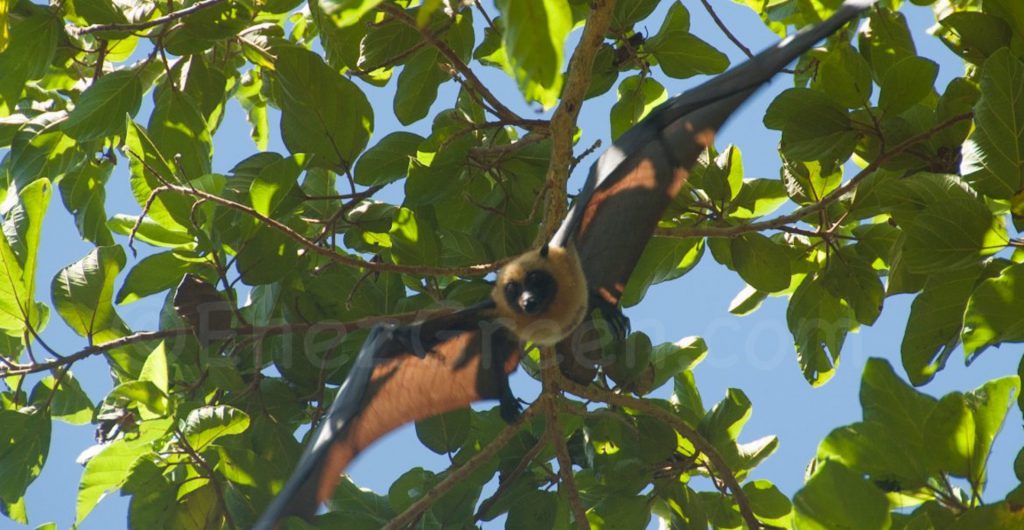The slaughter of black bats decided by the government is in progress
Authorities began shooting 18,000 Mauritius fruit bats (Pteropus niger) on 7 November, despite protests and even though the species is protected on the Indian Ocean island and listed as vulnerable by the IUCN, the world’s conservation union.
The government claims the cull is necessary because the number of bats has soared to almost 100,000 and is causing significant economic damage to the country’s lucrative fruit crops of banana, pineapple, lychee and mango.
The cull plans to kill 20% of the population by the end of the month, but the Mauritian Wildlife Foundation estimates the population is closer to 50,000, meaning the cull could wipe out almost 40% of the species.
This cull threatens to destroy Mauritius’ enviable reputation for effective and science-based conservation as well as the future of the fruit bat and all the plants that depend on it
The NGOs, which include the African Conservation Centre, African Wildlife Foundation, Birdlife International, Conservation International and World Wildlife Fund (WWF), say the government has double-counted the number of bats.
Bats are known to play a crucial role in the ecosystem by pollinating flowers and dispersing the seeds of many plants, some of which are found only in Mauritius. While farmers says the bats are damaging more than 50% of their crops, IUCN research shows that fruit bats account for no more than 14%, and the vast majority of fruit losses comes from late harvesting, high winds and other fruit-eating animals such as rats and birds.
“This cull threatens to destroy Mauritius’ enviable reputation for effective and science-based conservation as well as the future of the fruit bat and all the plants that depend on it”, said Nanie Ratsifandrihamanana, country director of WWF Madagascar. “This mass cull is a short-sighted decision taken for non-scientific reasons, but if it is not reversed immediately it could have catastrophic long term consequences.”
According to a study on the island, 80% of the population opposes the cull and more than 10,000 people have signed an online petition against it.




